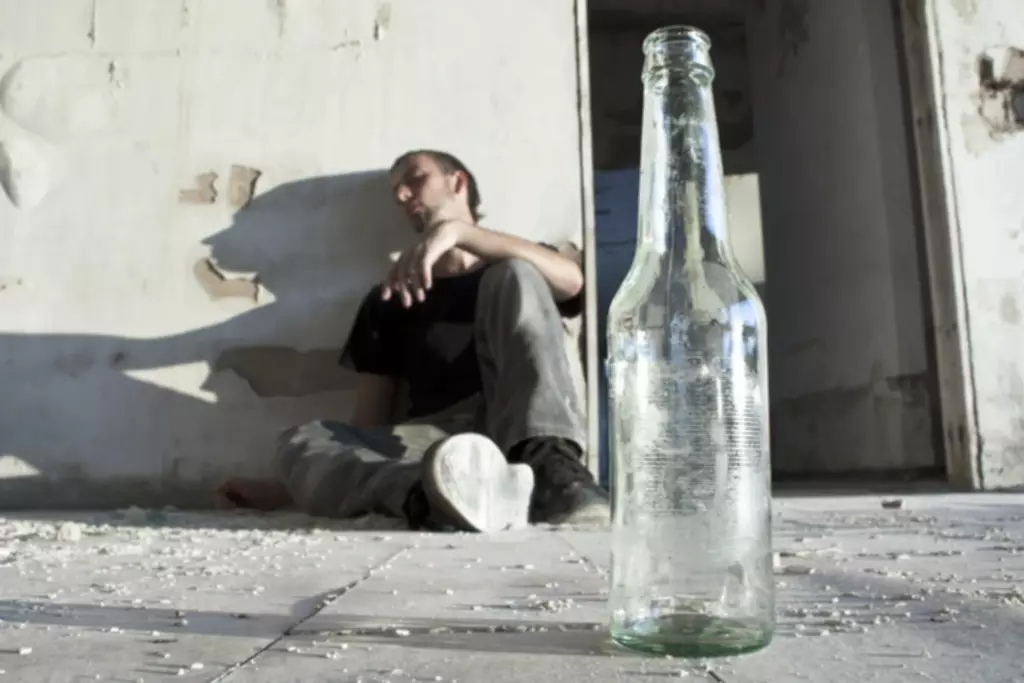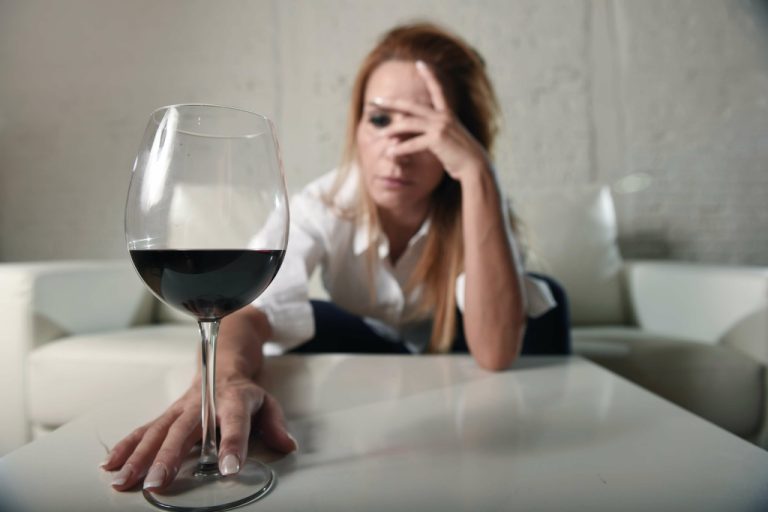Content
Recovery housing is specifically designed to support individuals with substance use issues to initiate and sustain long-term recovery. These houses or housing programs may go by many names such as Oxford Houses, sober living, recovery homes recovery residences, and therapeutic communities. Sober living homes can help you transition from a formal treatment program and back into everyday life. With compassionate counselors and encouragement from your support system, you’ll learn helpful coping strategies and life skills that promote a lasting recovery. Explore Gateway’s comprehensive programs, expert guidance, and personalized care when you opt for sober living.

All residents, regardless of phase, are required to be active in 12-step recovery programs, abide by basic house rules, and abstain from alcohol and drugs. A “Resident Congress” consisting of current residents and alumni helps enforce house rules and provides input into the management of the houses. Although the owner/operator of the houses is ultimately responsible, she/he defers to the Residents Congress as much as possible to maintain a peer oriented approach to recovery. In order to be admitted to CSTL prospective residents must have begun some type of recovery program prior to their application. SLHs have their origins in the state of California and most continue to be located there (Polcin & Henderson, 2008).
Family and Children’s Programs
There is no opportunity to relapse, because everyone is held accountable for their actions, and no time to relapse, because everyone has their own, busy regime to keep on a productive recovery journey. While getting sober may require a simple detox or rehab program, living sober requires constant commitment and care. For many, returning home after treatment jeopardizes that ability to truly live sober. If a person’s home life is filled with stresses or pressures (such as old haunts or taxing relationships) it can significantly increase their risk of relapse.
- In their view, random assignment of participants to conditions was often appropriate for medication studies but often inappropriately applied when used to study residential services for recovery from addiction.
- Try to choose a quality sober living home located outside of your hometown as well.
- When you open your sober living home and begin housing people in recovery, it’s best to have each resident review and sign the policy handbook upon admission and give them a copy to keep.
- First, you will need to systematically evaluate your current state as well as your vision for your sober living home in the future.
- This measure includes 9 items and was developed by Humphreys, Kaskutas and Weisner (1998) to measure the strength of an individual’s affiliation with AA.
Peak Density is the number of days of any substance use (i.e., any alcohol or drug) during the month of highest use over the past 6 months (coded 0-31). Six-month abstinence was a dichotomous yes/no regarding any use of alcohol of drugs over the past 6 months. A Level II recovery residence assigns a house manager or senior resident to oversee the workings of the house and has at least one paid staff member.
Options Recovery Services (ORS)
The cost varies by the type of sober-living environment and length of stay. Some sober-living homes have a base rate with additional costs for added services. When you’re looking for a sober recovery home, be sure to ask what’s included in the monthly rate and what is extra.
- For example, learning to adhere to a set schedule or routine can help individuals create structure and stability in their daily lives, which can be essential for avoiding triggers and temptations.
- These funds will only assist the individual for four months unless a waiver is approved.
- Residents of sober living facilities must abstain from drugs and alcohol, which provides an excellent peer support system for everyone who lives there.
- Clients must also reconnect with family, return to work or school and engage in a relapse prevention program.
Our purpose here is to summarize the most salient and relevant findings for SLHs as a community based recovery option. We then expand on the findings by considering potential implications of SLHs for treatment and criminal justice systems. We also include a discussion of our plans to study the community context of SLHs, which will depict how stakeholder influences support and hinder their operations and potential for expansion.
Rules & Regulations of a Sober Living House
You can also look into Oxford Houses, which provide all recovering users the opportunity to develop comfortable sobriety without relapse. Due to how interchangeably these terms are used, it is important to ask questions about expectations and structure to determine which home is the brighton sober living right fit for you. John C. Umhau, MD, MPH, CPE is board-certified in addiction medicine and preventative medicine. For over 20 years Dr. Umhau was a senior clinical investigator at the National Institute on Alcohol Abuse and Alcoholism of the National Institutes of Health (NIH).
- Some sober living homes may allow more freedom and flexibility, while others may be more structured and restrictive.
- Sober living homes in the U.S. aren’t covered by insurance and are often paid for out of pocket.
- If you’re seeking substance abuse treatment, consider us here at Harris House.
- These are the relationships you will have for life, the people you can call on when things get tough, the people that will hold you accountable for your sobriety time and time again.
Loved ones can also rest assured that residents will be held accountable in this type of sober setting. Turnbridge’s sober living homes, for instance, are equipped with a state-of-the-art monitoring system called “The Bridge,” allowing us to know the status and location of residents at all times. In addition, each sober living home has a sober house manager and support staff in place, to help keep young men and women on their paths towards sobriety. Sober living homes can provide individuals with a supportive and structured environment as they transition from addiction treatment to independent living. However, like any treatment option, sober living homes have their pros and cons. One of the major advantages of sober living homes is access to resources and services that can support individuals in their recovery journey.
What Did We Learn from Our Study on Sober Living Houses and Where Do We Go from Here?
Join the thousands of people that have called a treatment provider for rehab information. Get professional help from an online addiction and mental health counselor from BetterHelp. An operator of a Certified Sober Living Home that voluntarily reports its certified status to DMHAS shall provide the number of beds available in the Sober Living Home at the time of its report and weekly thereafter. The information provided by AddictionHelp.com is not a substitute for professional medical advice. View our editorial content guidelines to learn how we create helpful content with integrity and compassion.
Adding on to previous Levels’ services, Level III includes an emphasis on life skill development, offsite clinical services and in-house service hours. A great way to find a sober living house in your area is first to explore your network. Not all sober living homes are equal, so finding a place that an acquaintance has recommended could be helpful. Research on sober living houses also states that residents experience a higher possibility of securing employment and a lower likelihood of getting arrested.
The Pros and Cons of Sober Living Homes: An In-Depth Analysis
Sober homes provide an excellent bridge between rehab programs and traditional society. However, residents aren’t required to have participated in rehab before living in most sober homes. Eudaimonia Recovery Homes has successfully owned and operated sober living homes for men and women in recovery since 2009. Our mission is to provide safe, clean, and sober environments where clients can thrive in recovery.




